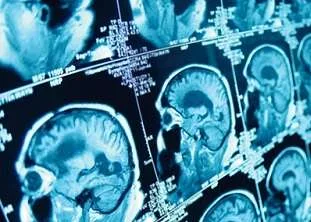Learn how the mind influences the body and the body influences the brain
Biopsychology is a fascinating subject which will provide students with an insight into the workings of the human brain. This subject combines biological explanations of behaviour with psychological ones to try and answer fundamental questions like:
- How do we move, think, develop language and experience senses?
- What happens when we sleep?
- What are altered states of consciousness?
This is an introductory course suitable for anyone with an interest in the mind body connection. Biopsychology B (Effects of Brain Damage & Drugs) follows on from this course and examines the effects of drug and alcohol, genetics and more play a role in our behaviour, language and memory and how we recover from brain damage. If you are interested in both, please contact us for a course bundle discount.
Course Aims:
- Explain what is meant by the mind-body debate and consider various theories.
- Explain how different people can perceive the same stimulus in different ways, due to biological differences between them.
- Explain how the condition and functioning of the nervous system can affect the psychology of an individual.
- Explain the function of sensory and motor neurons.
- Explain the functioning of the cerebellum, the hypothalamus and the thalamus.
- Identify which brain structures are present in the limbic system, and their main functions.
- Explain how dopamine, norepinephrine and epinephrine act as neurotransmitters.
- Explain how the condition and functioning of the endocrine system can affect the psychology of an individual.
- Describe the relationship between psychological stress and the physical response of the body.
- Discuss the relationship between emotions and the physical nature of the body.
- Discuss the relationship between consciousness and the physical nature of the body.
- Describe the effect of three psychoactive drugs on the Central Nervous System.
- Explain how the autonomic nervous system works in terms of its sympathetic and parasympathetic divisions.
Lesson Structure
There are 7 lessons in this course:
- Introduction
- Types of external and internal stimuli, mind-body debate, introduction to the nervous system.
- The senses
- Sensory input, sensory perception, description of the major senses.
- The Nervous System
- Description of the neurons, the central nervous system, peripheral nervous system, including the autonomic nervous system.
- The Endocrine System
- Effect of hormones on behaviour and physiology, association of endocrine system and nervous system, connection between external and internal stimuli.
- Stress
- Types of stressors, physical affects of stress, personality & stress.
- Emotions
- Homeostasis, eating disorders, physiological responses to emotions, theories of emotion.
- Consciousness
- Degrees of consciousness, awareness & attention, altered states of consciousness.

